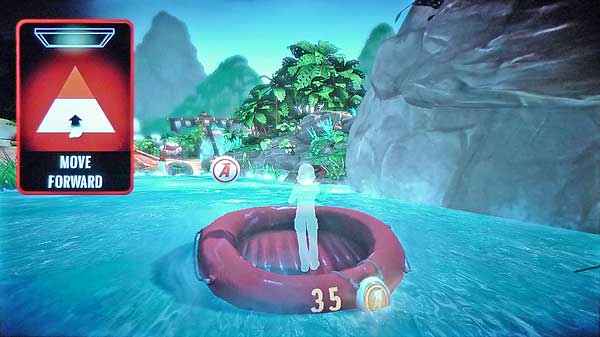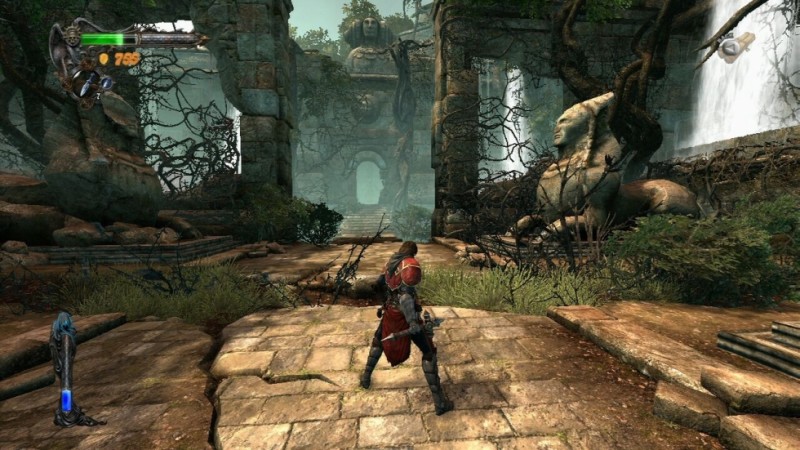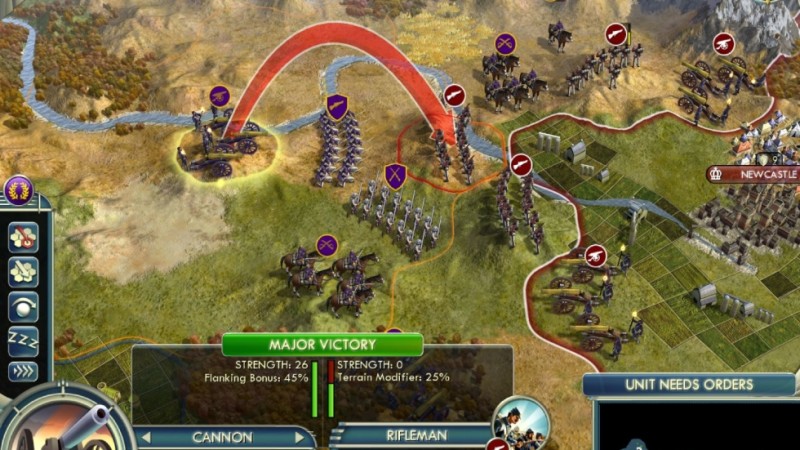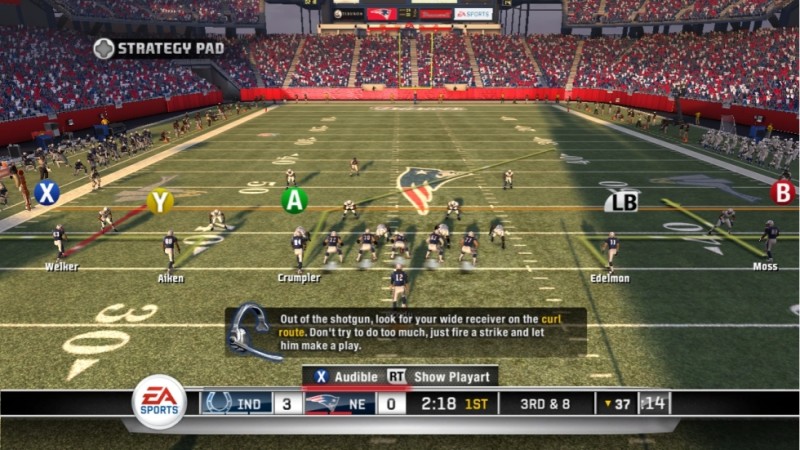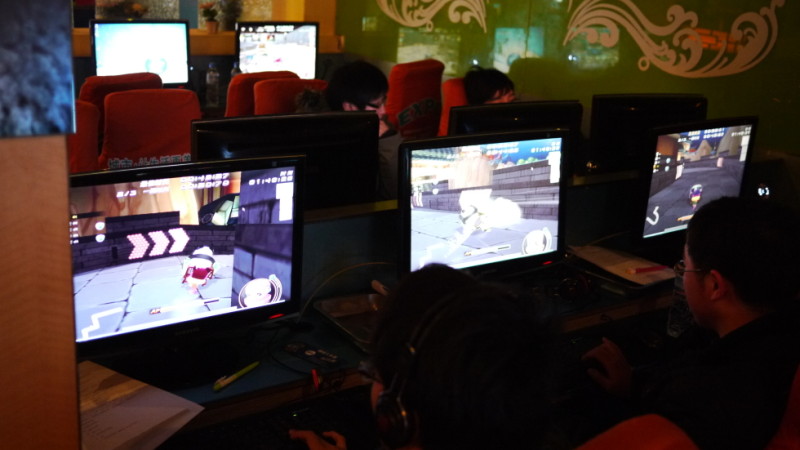SimCityEDU: Using Games for Formative Assessment
As game-based learning gains momentum in education circles, teachers increasingly want substantive proof that games are helpful for learning. The game-makers at the non-profit GlassLab are hoping to do this with the popular video game SimCity. GlassLab is working with commercial game companies, assessment experts, and those versed in digital classrooms to build SimCityEDU, a downloadable


